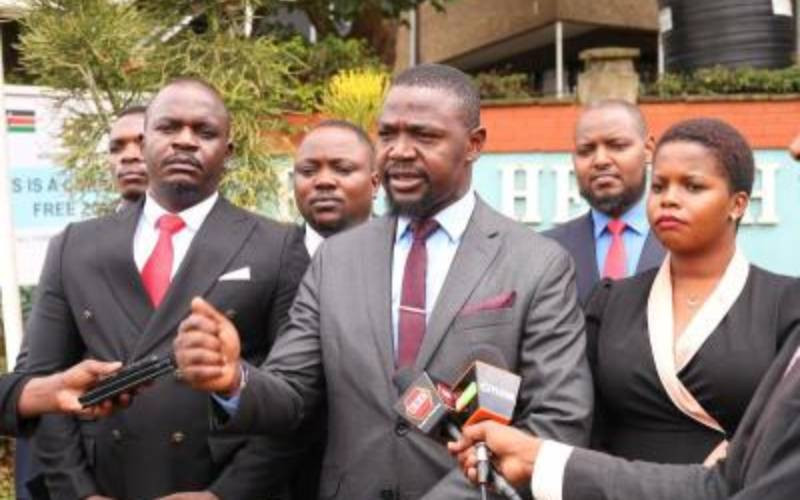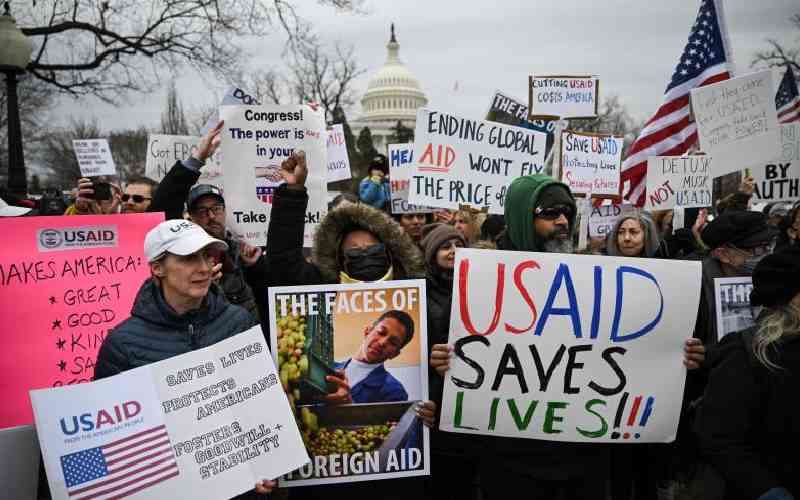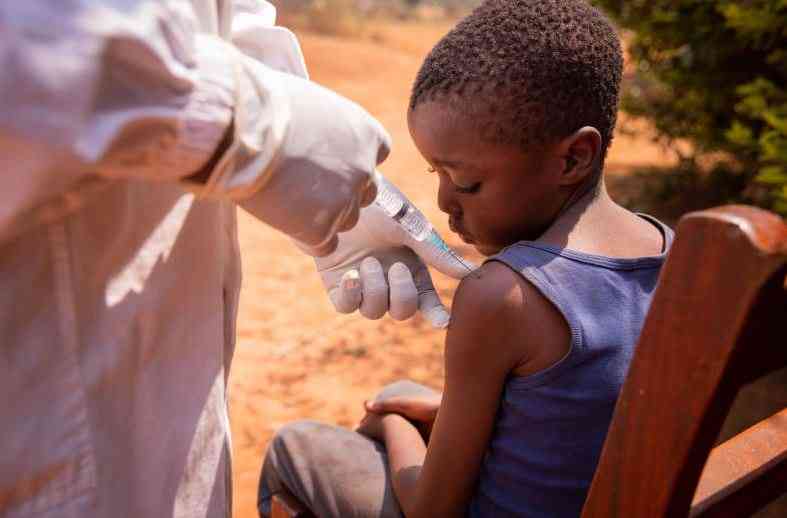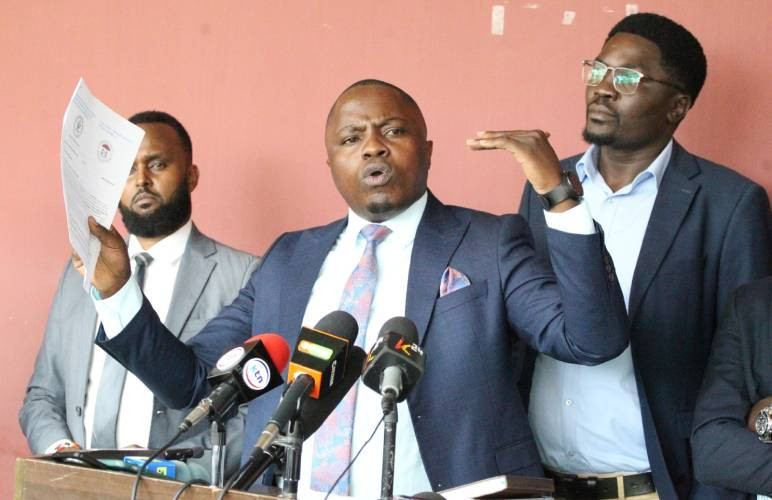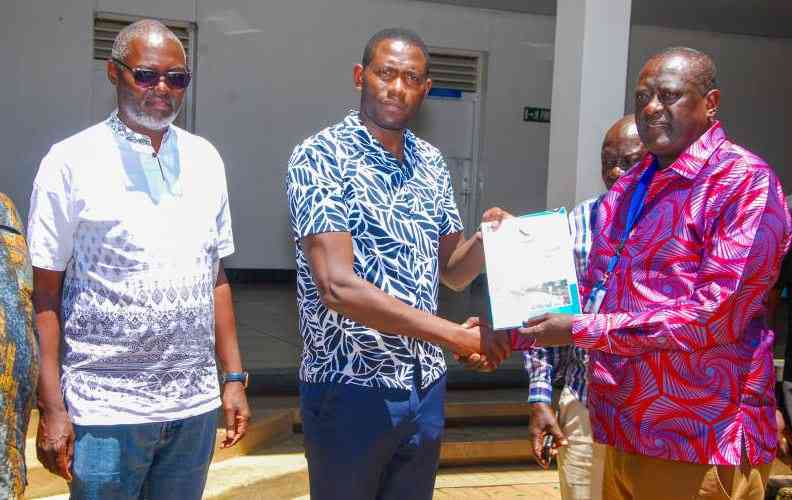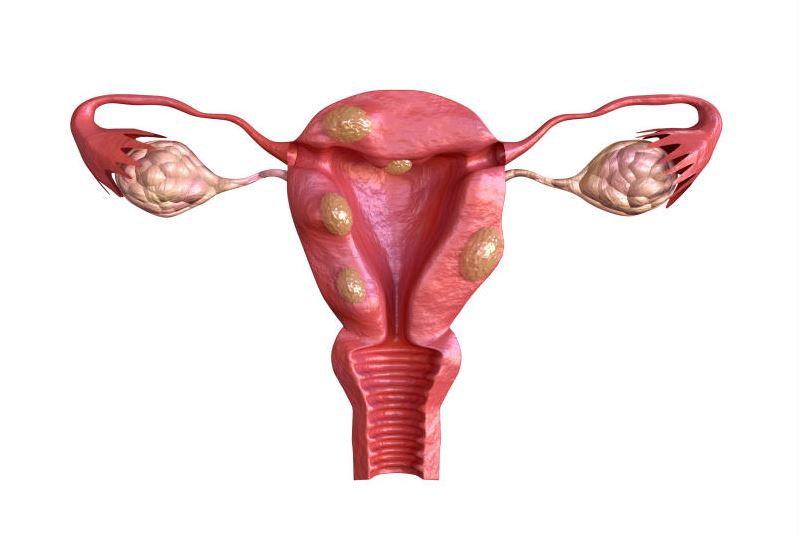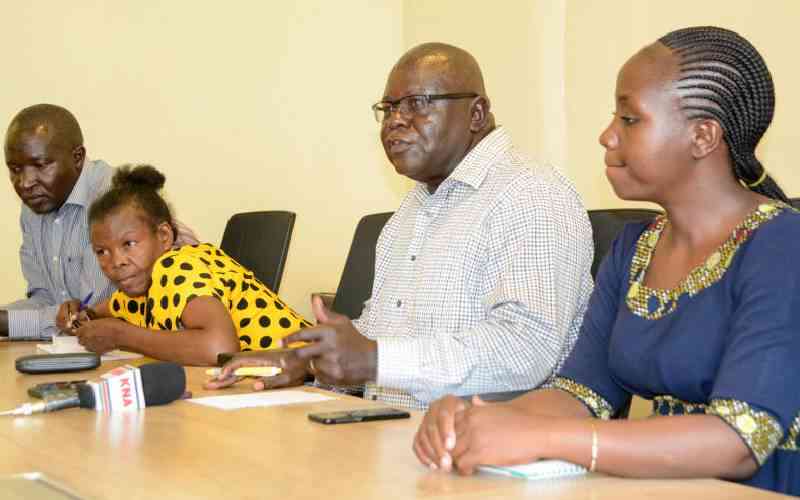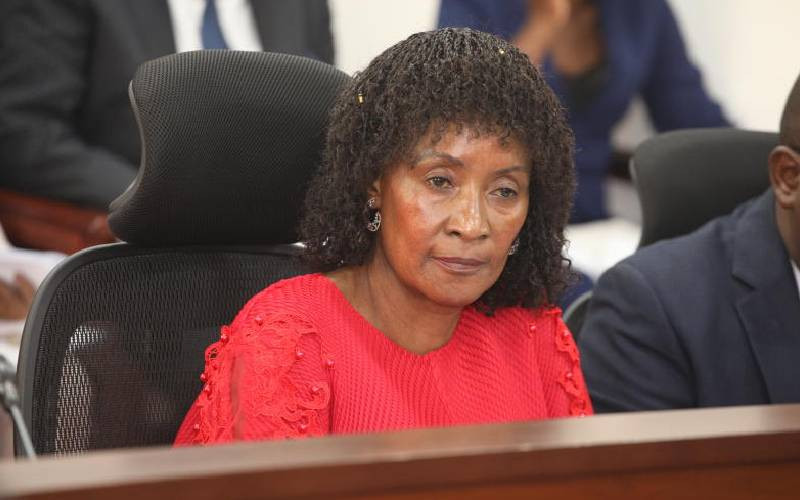
The US government’s freeze on foreign aid, especially through USAid has caused major disruptions in Kenya’s health sector, particularly in HIV, malaria, and tuberculosis programmes that heavily rely on donor support.
In January, a 90-day review of foreign assistance triggered a stop-work order affecting numerous initiatives, including the President’s Emergency Plan for AIDS Relief (Pepfar).
Though a limited waiver was granted on February 1, 2025, to allow “life-saving humanitarian assistance” under Pepfar, critical services had already been disrupted.
The waiver covered vital HIV/Aids services such as antiretroviral therapy, HIV testing and counseling, prevention of mother-to-child transmission, TB treatment for co-infected patients, lab services, and supply chain operations.
Despite a 30-day extension, Kenya is still unprepared to bridge funding gaps, leaving the healthcare system vulnerable.
“The extension feels more like a temporary lifeline,” says Dr. Margaret Lubaale, Executive Director of the Health NGOs Network (Hennet).
“It may be preventing collapse for now, but without a long-term solution, the crisis could return.”
- No new mpox cases confirmed since July 22, Health ministry says
- Kenya confirms one Mpox case, steps up surveillance at border
- Second case of Mpox reported in Kenya
- Kenya confirms third Mpox case
Keep Reading
In an interview with The Standard, Dr. Lubaale said Pepfar partners have resumed some activities, and ARV and HIV test kit supplies are trickling in, but uncertainty lingers.
The health expert adds that the current reprieve only delays further disruption.
HIV programs were hit hardest by the freeze. U.S-funded ARV distribution was suspended, leaving warehouses stocked with medicine that couldn’t reach clinics.
At one point, Kenya’s leading medical supplier, the Mission for Essential Drugs and Supplies (Meds), held about $34 million worth of HIV medication and supplies that couldn’t be distributed due to the lack of U.S. funding. Its inventory included approximately 2.5 million packs of antiretroviral drugs (ARVs) and 750,000 HIV testing kits stored in warehouses.
The Foundation for AIDS Research (amfAR) estimated that every day of interrupted Pepfar services in Kenya would mean more than 17,000 HIV-positive Kenyans would be denied access to treatment, which could lead to disease, drug resistance, and even death.
“During freeze of aid, clinics began rationing drugs to avoid stock outs. Some patients who normally receive multi-month refills were reduced to one-month supplies,” Lubaale shares.
Key population like sex workers were affected with limited supply of PrEP, only administered to pregnant and breastfeeding women.
This setback comes just as Kenya edges closer to its goal of eliminating new HIV infections and Aids-related deaths by 2030.
“Health workers tell us that PrEP is now reserved for pregnant and breastfeeding women. But we need it too,” says Elizabeth Siama, an official with the Coast Sex Workers Alliance (Coswa), in an interview with The Standard.
Siama says the limited supply of PrEP is fuelling anxiety among sex workers, who already carry a disproportionately high HIV burden.
Nelson Otwoma, Executive Director of National Empowerment Network of People Living with HIV/AIDS in Kenya (Nephak), warns that the U.S. funding freeze could have serious long-term effects on Kenya’s HIV response, with impacts likely to surface within two years.
“HIV isn’t a fast-acting virus like Covid-19 or flu, so the fallout may be delayed, but it will be significant,” he said.
With the shutdown of key services like Comprehensive Care Clinics (CCCs), lower-cadre health workers including mentor mothers, peer educators, adherence counselors, and nurses were sent home, disrupting treatment and prevention efforts.
In February, panic set in as patients received just a week’s supply of ARVs, prompting stockpiling and risking drug expiry. Efforts to integrate HIV services into general healthcare have also faltered.
“Patients face privacy breaches, for instance, imagine being directed to the ‘HIV room’ in front of neighbours or unsensitised health workers in handling HIV. Some prefer to say they have malaria,” Otwoma notes.
Kenya relies on the U.S. for nearly 70 per cent of HIV programming and 30 per cent of ARV procurement.
At least 1,378,457 Kenyans are living with HIV, of whom 1,336,681 are on treatment, with 7 per cent mother to child transmission, shy of 2 per cent to reach global target of below 5 per cent.
With 20 years running in Kenya, Pepfar has been working to reach global targets of 95-95-95 of ensuring at least 95 per cent of the population knows their HIV status, 95 per cent are put on ARVs and 95 per cent have their viral load suppressed.
Through the current Country Operation Plan (COP23), running from 2023 to 2025, Pepfar had planned to support the country achieve 50 per cent of reduction of Mother to child transmission to below 5 per cent by this year.
For example in the COP, running from 2023 to 2025, Kenya received a total of $322,000,000 inclusive of all new funding accounts and applied pipeline.
It, however, remains a puzzle on whether the Kenyan Government will fill the gap in HIV, and health support the country continue to enjoy, should the donor pull out.
The Stop Work Order left a funding gap of Sh30.9 billion, money expected to manage Health Products and Technologies (HPTs) Human Resource in Health (HRH).
TB services co-located with HIV programs were also affected.
Under the waiver, treatment of TB infections in people living with HIV was explicitly allowed to carry on as an essential service, permitting HIV clinic staff to screen and treat co-infected patients for TB, preventing immediate harm to those patients.
However, any U.S.-funded TB activities that were not explicitly tied to HIV care, for instance, stand-alone TB case-finding activities or laboratory network support were swept up in the overall aid freeze.
Following the financing gap, Cabinet was asked to consider immediate mitigation measures, for instance, dedicate health contingency fund, strengthening public private partnership and mobilising domestic resources.
In the memo issued in March, the Ministry of Health was to convene an engagement between county government, Members of Senate and National assembly and National Treasury to discuss and agree on how to address the current crisis in the financial year, 2025/26.
The ministry was also to initiate amendment of policies, legislation and governance structures for Social Health Authority to integrate HIV, malaria and TB and treatment services in Social Health Insurance Fund (SHIF) benefits package to ensure service accessibility.
Additionally, Parliament and The National Treasury needed to Reorganise resources from other sectors of the economy and avail resources in this years supplementary budget to priorotise the heath and well being of people living with HIV
“We asked ourselves how long we were going to walk around with a begging bowl. We, therefore, agreed the national government has to re-organise to plug in Sh30 billion going forward so that these programs do not collapse,”said Mutahi Kahiga in an interview with The Standard.
He noted that counties were expected to allocate funds for HIV services, re-train and build capacity of existing health work force.
At the moment, counties according to the governor have come up with supplementary budgets.
Though domestic local funding funding has remained a hitch, Kahiga maintains sealing corruption will guarantee Kenya’s smooth integration from donor to domestic funding.
“What we are collecting is enough if directed to worthy courses, we would not need to borrow. We would have enough money for this country,” said Kahiga.
 The Standard Group Plc is a multi-media organization with investments in media platforms spanning newspaper print
operations, television, radio broadcasting, digital and online services. The Standard Group is recognized as a
leading multi-media house in Kenya with a key influence in matters of national and international interest.
The Standard Group Plc is a multi-media organization with investments in media platforms spanning newspaper print
operations, television, radio broadcasting, digital and online services. The Standard Group is recognized as a
leading multi-media house in Kenya with a key influence in matters of national and international interest.

